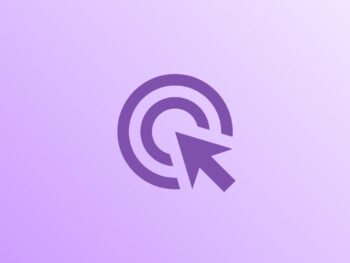I. Introduction
This memorandum aims to provide relevant case law references concerning Intellectual Property (IP) Infringement, focusing on both patent and copyright infringement cases. Intellectual property law protects the creations of the mind, and any violation of these rights is considered infringement. The selected cases illustrate the judicial reasoning in key IP infringement disputes, which are essential for understanding the application of legal standards in such matters.
II. Case Law on Patent Infringement
- eBay Inc. v. MercExchange, L.L.C., 547 U.S. 388 (2006)
Issue: Whether the Federal Circuit’s decision to automatically grant an injunction in cases of patent infringement was appropriate.
Holding: The Supreme Court held that the decision to issue an injunction is not automatic in patent infringement cases. Instead, a plaintiff must satisfy the traditional four-factor test for equitable relief, including the likelihood of irreparable harm, adequacy of remedies at law, balance of hardships, and public interest. This case significantly impacted the enforceability of patent rights, especially for non-practicing entities. - Markman v. Westview Instruments, Inc., 517 U.S. 370 (1996)
Issue: Whether the interpretation of patent claims should be decided by a judge or jury.
Holding: The Supreme Court held that the interpretation of patent claims is a matter of law for the judge to decide, not a question of fact for the jury. This case established the principle of “Markman hearings,” where judges interpret the language of patent claims to determine their scope. - Warner-Lambert Co. v. Apotex Corp., 316 F.3d 1348 (Fed. Cir. 2003)
Issue: Whether the generic drug manufacturer’s product infringes upon the plaintiff’s patent.
Holding: The Federal Circuit held that the generic drug manufacturer had infringed the plaintiff’s patent for a specific drug formulation. The decision reaffirmed the importance of patent validity in pharmaceutical patent disputes and established how courts apply the doctrine of equivalents in the context of patent infringement.
III. Case Law on Copyright Infringement
- Sony Corp. of America v. Universal City Studios, Inc., 464 U.S. 417 (1984)
Issue: Whether the manufacturer of home video recording equipment (VCRs) could be held liable for copyright infringement committed by consumers using its devices.
Holding: The U.S. Supreme Court held that Sony could not be held liable for the infringing activities of its consumers, as the sale of VCRs was deemed a fair use. This case established the “Betamax” rule, which provides that a manufacturer cannot be held liable for infringement if the product has substantial non-infringing uses. - Harper & Row Publishers, Inc. v. Nation Enterprises, 471 U.S. 539 (1985)
Issue: Whether the use of unpublished excerpts of a book constituted fair use under copyright law.
Holding: The Supreme Court held that the unauthorized publication of excerpts from Gerald Ford’s unpublished memoir was not fair use. The Court emphasized that fair use must be determined on a case-by-case basis, considering factors such as the purpose of the use, the nature of the copyrighted work, the amount used, and the effect on the market value of the original work. - Capitol Records, LLC v. ReDigi Inc., 910 F.3d 649 (2d Cir. 2018)
Issue: Whether ReDigi’s resale of digital music files infringed Capitol Records’ copyrights.
Holding: The Second Circuit held that ReDigi’s platform violated copyright law by allowing the resale of digital music files, even though users were required to delete their original copies. The court found that the unauthorized transfer of digital music files constituted copyright infringement, even under the “First Sale Doctrine.”
IV. Conclusion
The case law provided above highlights important judicial decisions in the area of intellectual property infringement, specifically regarding patent and copyright law. These decisions form the foundation of current legal practices in IP infringement cases, emphasizing the balance between protecting the rights of creators and promoting public access to creative works and innovations.







